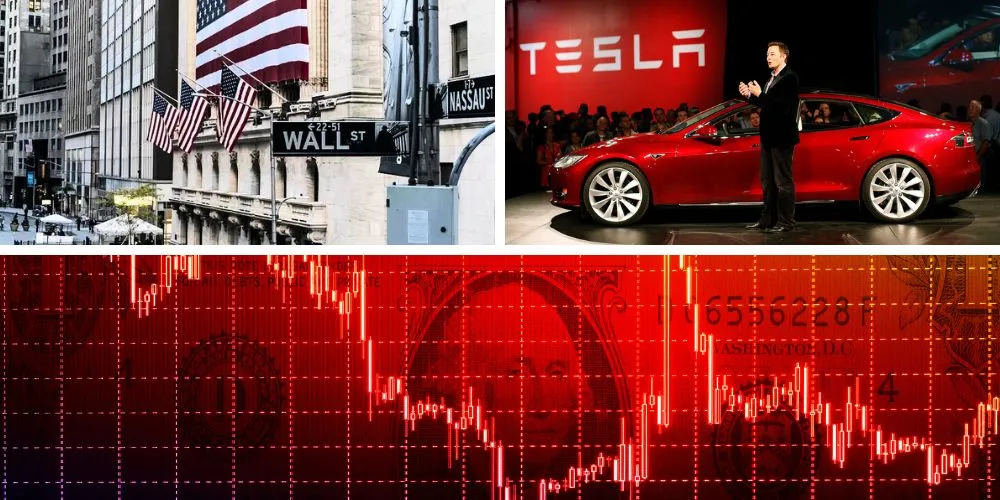Key Points:
- Elon Musk’s ambitious AI projects face skepticism from Wall Street due to Tesla’s lack of disclosure on AI business results.
- Investor Gary Black highlighted the challenge of valuing Tesla’s AI initiatives without transparent financial data.
- Wall Street’s cautious stance reflects the importance of financial discipline and transparency in assessing companies’ worth.
- Black emphasized the need for Tesla to provide better disclosure to enable accurate modeling and valuation of its AI ventures.
Elon Musk, the visionary CEO of Tesla, is renowned for his ambitious projects to revolutionize various industries, from Neuralink’s brain-computer interface to Optimus robots. However, despite Musk’s bold vision, Wall Street remains cautious about Tesla’s prospects, especially regarding its AI endeavors, due to a lack of transparency from the company.
Investor Gary Black recently highlighted this issue in a tweet, shedding light on why Tesla’s AI initiatives, including robotaxis, Full Self-Driving (FSD) technology, and Optimus, fail to garner significant value perception from Wall Street. Unlike companies like Nvidia, which disclose detailed results for their AI businesses, Tesla chooses not to provide comprehensive information about its AI ventures, making it challenging for institutional investors to assess their potential value accurately.
Investors keep asking why WS doesn’t put much value on $TSLA AI (robotaxi, FSD licensing, Optimus, Dojo). Short answer: TSLA doesn’t disclose results for its AI businesses — unlike NVDA, which is 100% specialty chips including AI chips. How can one expect instit investors to…
— Gary Black (@garyblack00) February 24, 2024
Black emphasized that Tesla’s reluctance to disclose AI-related results prevents investors from verifying the company’s claims and estimating the true worth of these ventures. While Musk’s projects hold promise, the absence of transparent financial data hampers investors’ ability to assign a tangible value to them.
Black also compared his perception of Tesla in 2017-2018 to the present, highlighting the shift from a more predictable valuation approach based on traditional metrics like market size, adoption rates, and earnings forecasts to a situation where Tesla’s AI initiatives lack clear visibility, making valuation challenging.
He stressed the importance of financial discipline and transparency in valuing companies, noting that while Tesla’s projects may be exciting, assigning speculative multiples without concrete data is not prudent.
Responding to a commenter’s assertion that people can model Tesla’s AI initiatives, Black refuted the claim, citing headlines like “Tesla’s Full Self-Driving is already worth $1B-$3B in sales, with upside to $75B by 2030: Goldman” as speculative and lacking substantiation.
Black concluded that for Wall Street to model Tesla’s AI ventures accurately, the company must enhance its disclosure practices to provide investors with the necessary data for informed decision-making.





